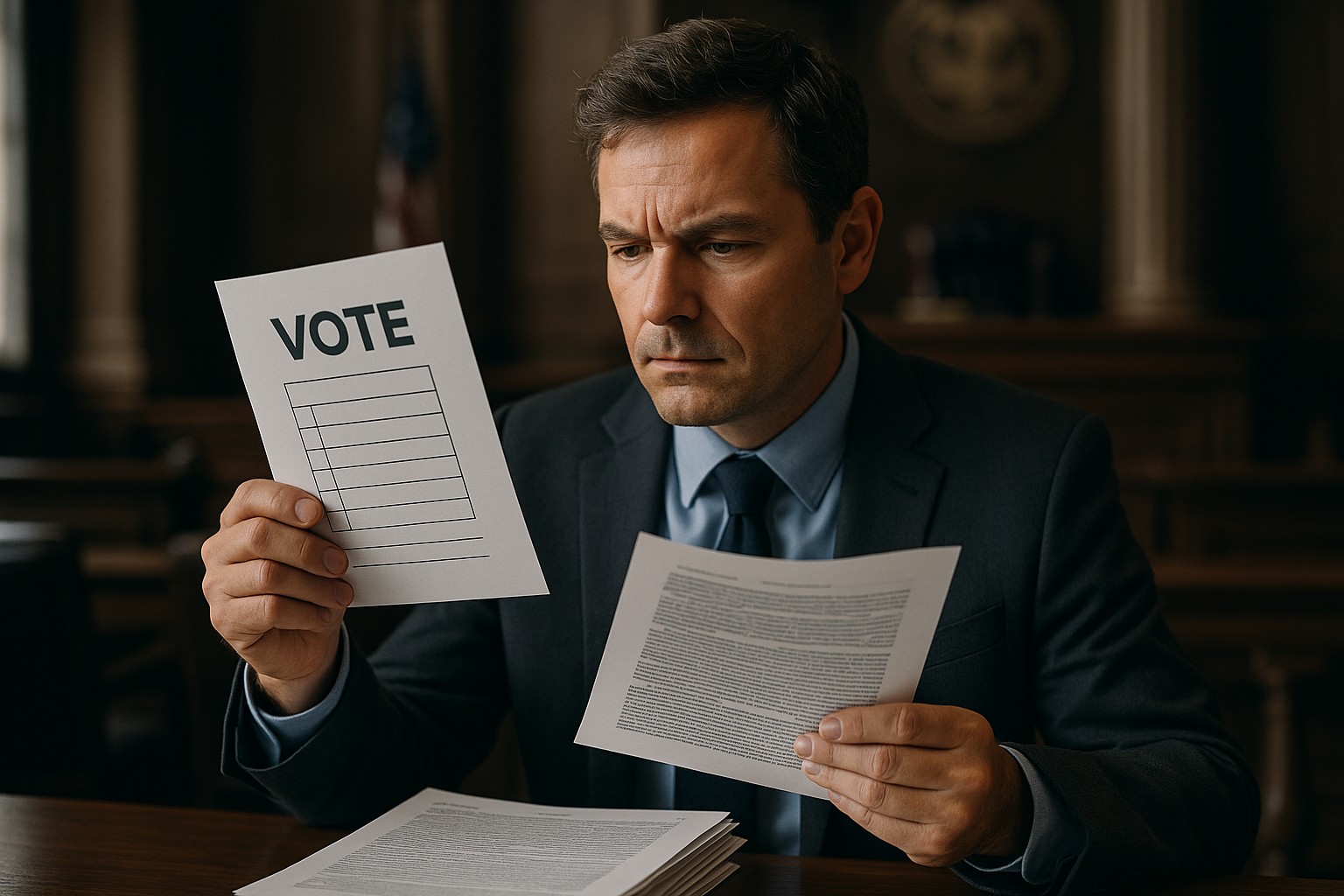Assessing the Ramifications of Recent Changes in Election Laws
Introduction: The landscape of election laws in various countries has been subject to significant alterations in recent years. This article explores the background, current updates, and implications of these changes, providing a comprehensive overview of a topic of paramount importance to democratic societies worldwide.

A Historical Overview of Election Laws
Election laws have played a critical role in shaping democracies around the world. These laws define who can vote, how they vote, and how votes are counted. They have evolved over centuries, reflecting societal values and political changes. For instance, early in the history of the United States, only property-owning white men were allowed to vote, a policy drastically changed over time through constitutional amendments and landmark legislation such as the Voting Rights Act of 1965.
Recent Changes in Election Laws
Today, we are witnessing a global trend of election law changes. Some countries, like Hungary and Poland, have enacted laws that critics argue undermine democratic processes. In the United States, following the contentious 2020 Presidential elections, several states have passed laws altering voting procedures. Critics argue these changes disproportionately affect minority groups and could suppress voter turnout, while proponents claim they are necessary to safeguard election integrity.
The Legal Perspective: Judicial Reviews and Challenges
These alterations to election laws have not gone unchallenged. The courts have become battlegrounds where these laws are scrutinized and their constitutionality tested. In some cases, such as in the US state of Georgia, federal lawsuits have been filed contending that these laws violate the Voting Rights Act and the U.S. Constitution. These legal battles underscore the critical role of the judiciary in interpreting and applying election laws.
The Societal Impact of Election Law Changes
The changes in election laws have far-reaching societal implications. They can influence voter turnout, impacting the political representation of various demographic groups. There is a fear that these changes can lead to voter suppression, undermining the principles of equal representation and participatory democracy. On the other hand, supporters argue that these changes are necessary to prevent electoral fraud, thereby maintaining public trust in the electoral process.
Looking Forward: The Future of Election Laws
The future of election laws remains uncertain and is likely to continue being a contentious issue. The balance between ensuring electoral integrity and preventing voter suppression is a complex one. It requires constant vigilance and active participation from all stakeholders, including voters, lawmakers, and the judiciary, to ensure that election laws serve their primary purpose - facilitating free, fair, and inclusive elections.
In conclusion, the recent changes in election laws are a topic of immense significance. These laws, integral to the functioning of democratic societies, are evolving in response to changing political landscapes. As we move forward, it is crucial to continue examining these changes, understanding their implications, and ensuring that they uphold, rather than undermine, the democratic process.





